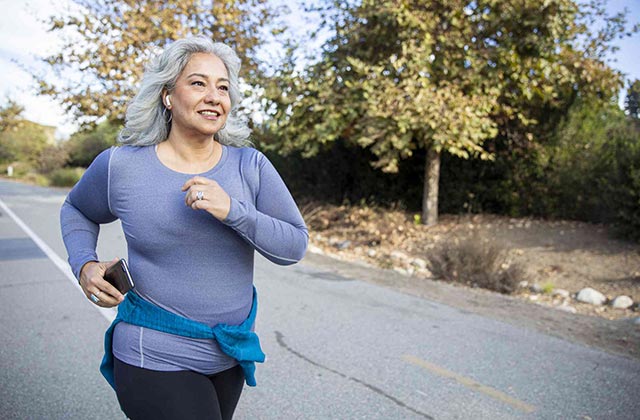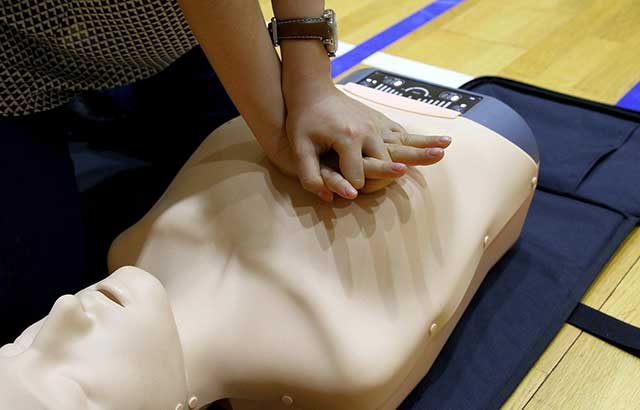Adhesive Capsulitis AKA “Frozen Shoulder”
Adhesive capsulitis, better known by most people as a “frozen shoulder,” is a common but many times poorly understood entity. The characteristic presentation is that of a progressive loss of shoulder motion in all directions with progressive pain. It is routinely rationalized by the patient to be caused by an injury, but trauma is a rare cause of adhesive capsulitis. The actual cause is rarely known and is poorly understood. It is idiopathic (no known cause) in most cases. It is seen many times after shoulder surgery and can on occasion occur after an injury to the shoulder.
Persons with an Increased Incidence of Adhesive Capsulitis
There is only one group of patients that have been well identified as having an increased incidence of adhesive capsulitis, that being persons suffering from diabetes. It is also felt to be more common in persons with thyroid disease and in some with cardiovascular disease. Women are affected more than men, and the most common age group is the 40-60 year old.
Progressive Loss of Motion
The cause of the progressive loss of motion is the gradual “shrinkage” of the shoulder joint capsule. The capsule of the shoulder is a soft tissue envelope around the shoulder that keeps the joint fluid contained. The capsule is routinely very redundant allowing a large freedom of motion in many planes. Just as the name suggests, the capsule becomes inflamed and leads to thickening and tightening of the capsule. The volume of the capsule gradually is reduced with the large axillary recess being the most significantly involved. As the loss of motion gets more severe, simple activities such as reaching in a cabinet or putting on a shirt will become painful.
This loss of motion is not greatly appreciated early on particularly by men. Small motion losses do not prevent our ability to do daily activities and it is only when the motion loss becomes more significant do most people appreciate a problem. It is because of the gradual onset
that most people are unaware of when it began and they will create at times a cause or injury. Women are much more sensitive to a loss of shoulder motion mostly due to a loss of internal rotation that does not allow them to reach their bra strap behind their back. Men however do not routinely notice a loss of motion until it is significantly greater and restricts activity such as a golf swing.
Pain Noted with Most Activities and At Night
The amount of inflammation of the capsule can vary greatly and will directly affect the level of pain that the person will experience. As the pain and loss of motion increases, pain will be noted with most activities and at night. The treatment is geared toward control of the inflammation and regaining the range of motion. Although the disease is felt to be a self limiting problem and would resolve on it’s own, eventually most people are not willing to be limited for the several months or years that it takes for it to resolve on it’s own.
Treatment Options
In my practice, I find that patients get the most benefit from a cortisone injection into the joint and the use of oral prednisone or a NSAID (advil/aleve) medicine if the inflammation is not as severe. The patient is then started on aggressive physical therapy to regain the lost range of motion. This process routinely takes about 3 months. There is commonly a large improvement in the first month with lesser gains in the following months.
In some cases, the fibrosis or scarring of the capsule is too severe and physical therapy is not enough to resolve the problem. In this case, at times a manipulation of the shoulder or surgical arthroscopy may be necessary.
People who have suffered from adhesive capsulitis should be counseled that there is a 20% recurrence rate and about the same percentage chance of the problem occurring on the opposite side. Oddly enough, the non dominant shoulder is affected more the the dominant side. These percentages are increased in the diabetic.
Leaders in Pain Care
Dickson-Diveley Midwest Orthopaedic Clinic is Kansas City’s oldest and largest orthopaedic clinic, offering state-of-the-art orthopaedic care since 1923. As leaders in surgical and non-surgical spine, sports and injuries of every kind, the experts at Dickson-Diveley are committed to helping you find relief from your pain. To learn more about adhesive capsulitis or to schedule an appointment, please call Dickson-Diveley Midwest Orthopaedic Clinic at 913-319-7600 (Kansas City Orthopaedic Institute, Leawood, KS) or 816-531-5757 (Saint Luke’s Hospital Campus, Kansas City, MO), or visit us online at www.dd-clinic.com.










